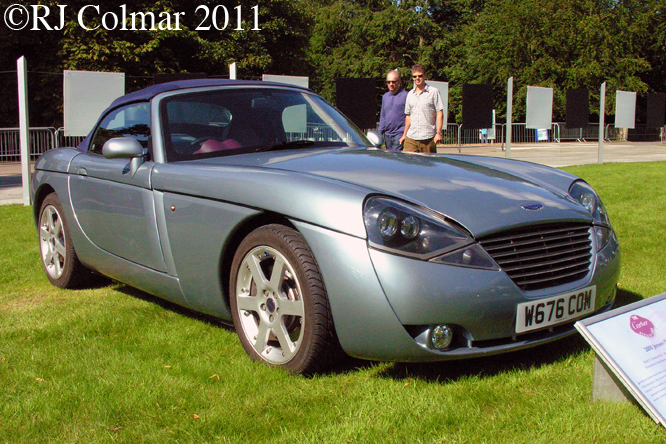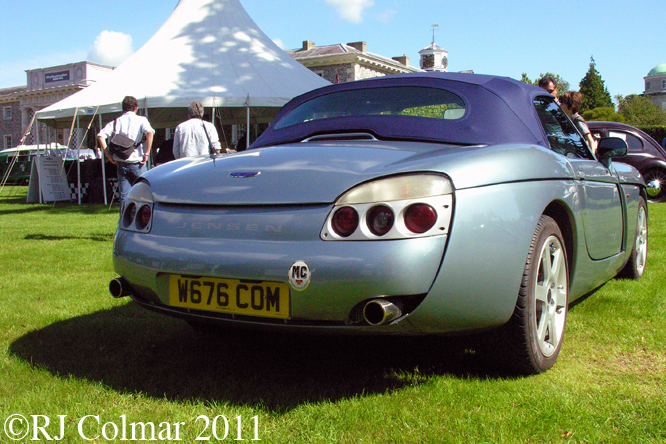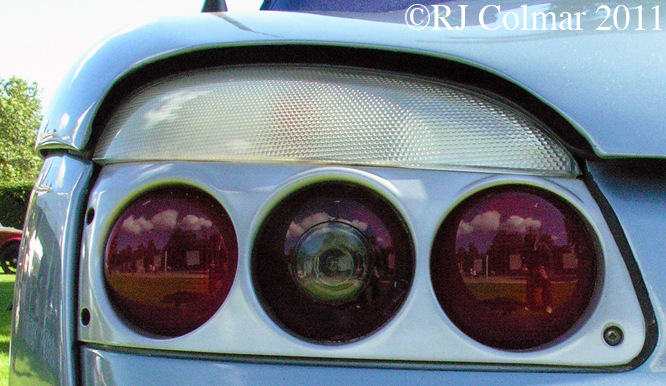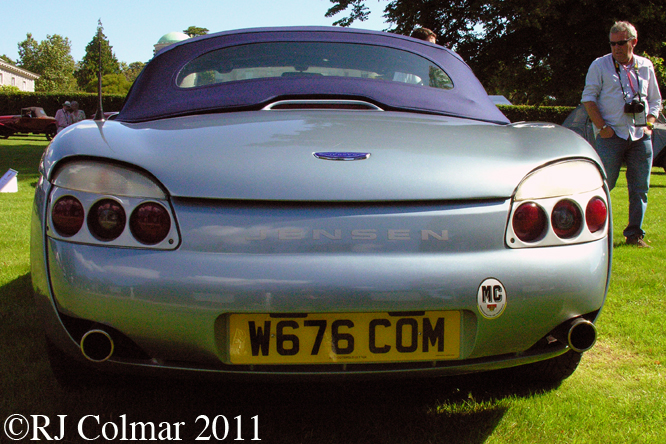After the owner of WJ Smiths & Sons a body works passed away in 1934 two employees, the brothers Richard and Alan Jensen bought the assets and founded Jensen as a coachbuilding firm. Building customised bodies for proprietary chassis supplied by Morris, Singer, Standard and Wolseley. One of their early commissions was for a car based on a Ford V8 for Hollywood legend Clark Gable, this highly acclaimed car facilitated a deal with Ford to produce a limited edition of Jensen Fords.
The following year Jensen launched the Jensen S type also powered by a Ford V8. Jensen diversified into light commercial vehicles marketed under the JNSN brand and during the war were engaged to make tank turrets and specialised vehicles, ambulances and fire engines.
After the 2nd World War Jensen produced the Jen Tug light truck for hauling trailers around goods yards and won a number of contracts to produce bodies for among others the military all wheel drive Austin Gipsy, the Austin A40 Sports, Austin-Healey 100, Volvo P1800 and Sunbeam Tiger.
Concurrently Jensen built an Austin parts bin based Interceptor, and fibreglass bodied 541 Coupé. Perhaps their best known model is the Chrysler powered Interceptor introduced in 1966 with a steel body designed by Carrozzeria Touring and built by Vignale.
The Interceptor remained in production until the company folded in 1976, several attempts were made to revive production one resulting in 11 MK4 Interceptors being built. In 1998 the Ford Mustang Cobra V8 powered aluminium bodied Jensen S-V8, harking back to the 50’s and 60’s 541 and CV8 models was shown to the public and 300 orders were taken to build the car at a new £9 million facility at Speke in Liverpool.
Unfortunately quality problems including the manufacture of the aluminium body panels slowed the expected production rate and only 20 vehicles were produced, including the one seen here at Goodwood Festival of Speed, before the company again went under in 2002. The Oselli company purchased a licence to complete a further 12 cars, all with heavier easier to manufacture steel bodies, and retained the parts from a further 6 vehicles for spares.
Since production of the 20 original £40,000 cars has ceased at an average unit cost to investors of £450,000 it has been claimed that Jensen went under for the want of just £500,000 to see them through.
Thanks for joining me on this underfunded edition of ‘Gettin’ a lil’ psycho on tyres’ I hope you will join me again tomorrow. Don’t forget to come back now !






